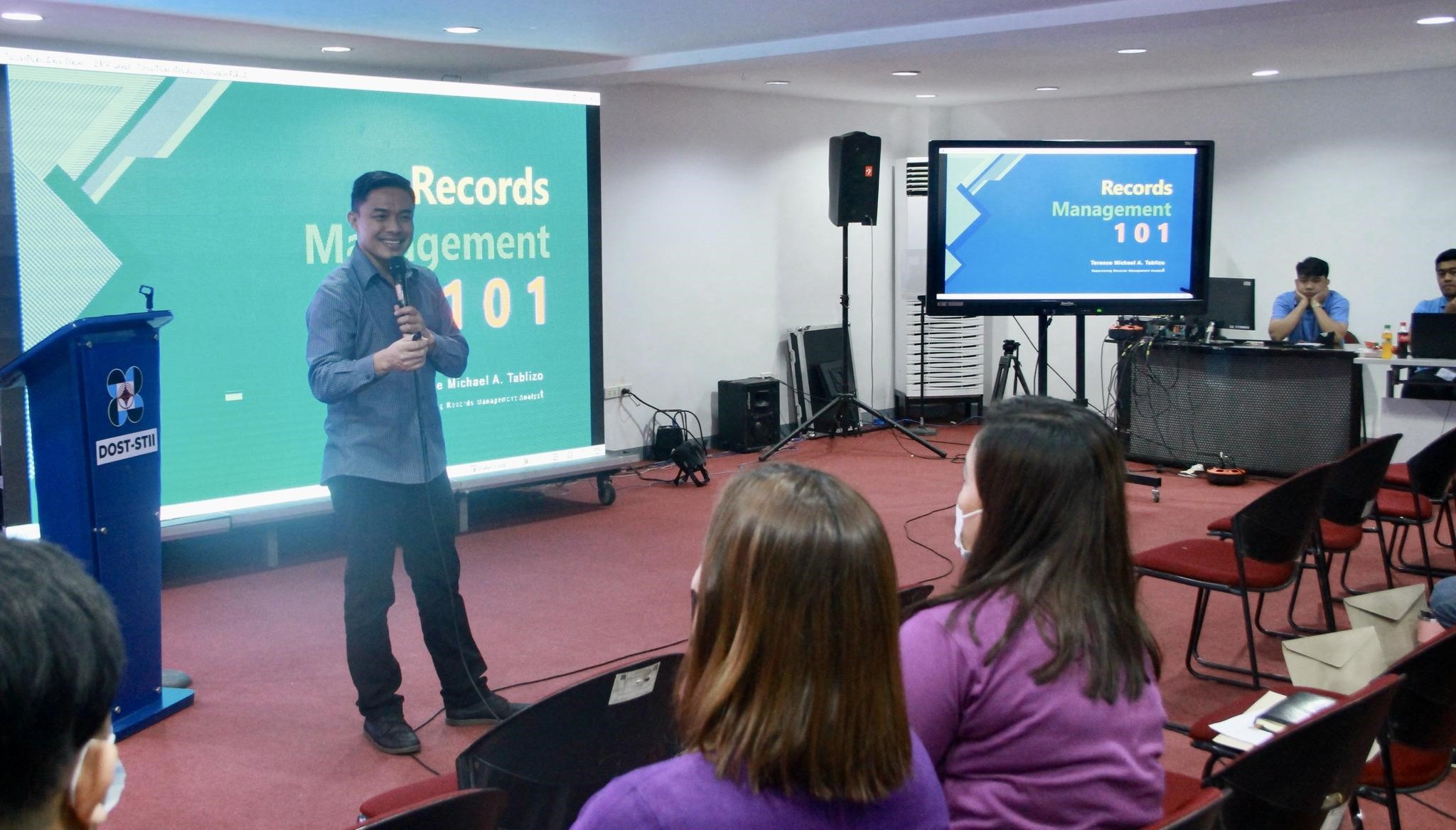
Several staff of the Department of Science and Technology- Science and Technology Information Institute (DOST- STII) learned the basic principles of records and archives management which could be essential to make the Institute's services to the public more efficient and effective.
Experts from the National Archives of the Philippines (NAP) shared their knowledge, practices, and various tips with the participants on the proper and efficient handling of records and materials as well as the conservation and preservation of the science and technology resources housed in the Institute.
This seminar-workshop aims to capacitate the staff of the DOST-STII which has different frontline services and essential S&T products such as Library Services, S&T Post, Philippine Journal of Science, STARBOOKS, and DOSTv, among others.
In his lecture, Terrence Michael A. Tablizo, supervising records management analyst, stressed how systematic and efficient management of important records could help improve the delivery of the Institute’s services to the public.
"Ang records ang lifeblood ng isang opisina. Kinakailangan ayusin natin ang entry point para maiwasan ang pagkakamali at mapabilis ang proseso ng mga dokumento na may kinalaman sa serbisyo na ibinibigay natin sa publiko," said Tablizo.
(We consider records as the lifeblood of our respective offices. We must ensure the efficiency of the entry point to avoid errors and fast-track the process of our essential documents)
Tablizo explained the basic principles and concepts of mail and file management that they are practicing and promoting at the NAP. After that, he discussed with the technical and administrative staff of DOST-STII how these concepts and practices could allow the Institute to deliver better services and products to the public.
“As you mentioned, several technical divisions at the DOST-STII have been holding various unique and significant records, data, and information that could be a reference or basis for future research projects and policy recommendations in the government. Those are the reasons that each of us in this room should have the basics to advance knowledge of efficient records management,” said Tablizo.
Tablizo added that all the knowledge to be shared by the NAP experts and to be learned by the staff could lead to the establishment of proper infrastructure and policies related to the managing of active and inactive records of the Institute.
Meanwhile, another expert from NAP, Jennyline T. Comerciante, records management analyst I, shared with the participants what would be a suggested Records Center Administration (RCA). Included in her discussion were the fundamentals of records center, facility requirements, and storage facility standards.
Also, in this three-day activity, Brixter Joshua D. Caragan shared with the participants various archives practices and principles. Then he pointed out that the records kept in the archives are the documents that have provided authenticity and reliability that could be relevant and play significant roles in creating sound policies and ideal environment for future generations.
“Ang archival records ay irreplaceable at may enduring value kaya importanteng matutunan natin na ma-preserve ang mga ito, lalo at magagamit ang mga ito para sa kasaysayan o history, pagkakakilanlan o identity, o bilang tools of accountability,” said Caragan.
Remmel G. Talabis, senior archivist, gave participants ideas on how the NAP preserve and restore some of the historical and essential records and authentic documents from decades or a century ago.
“Sa preservation of records, totoo na 'prevention is better than cure' at 'preparation is the key.' Pero tandaan ninyo, higit sa anumang dokumento, mas importante ang buhay ng tao,” said Talabis.
On the other hand, Ma. Theresa M. Rosqueta, the DOST-STII’s Records Management Officer, expressed her appreciation with the NAP in sharing their expertise and practices in records and archives management and discussed how it could be a huge help to the overall goal of the Institute.
NAP or National Archives of the Philippines is mandated to collect, store, preserve, and make available archival records of the government and other primary sources pertaining to the history and the development of the country.
This three-day activity was spearheaded by the Records Section of the Finance and Administrative Division and under the Institute’s Learning and Development Program for its employees. (With reports from Caryl Ulay and Rosemarie C. Senora, DOST-STII)
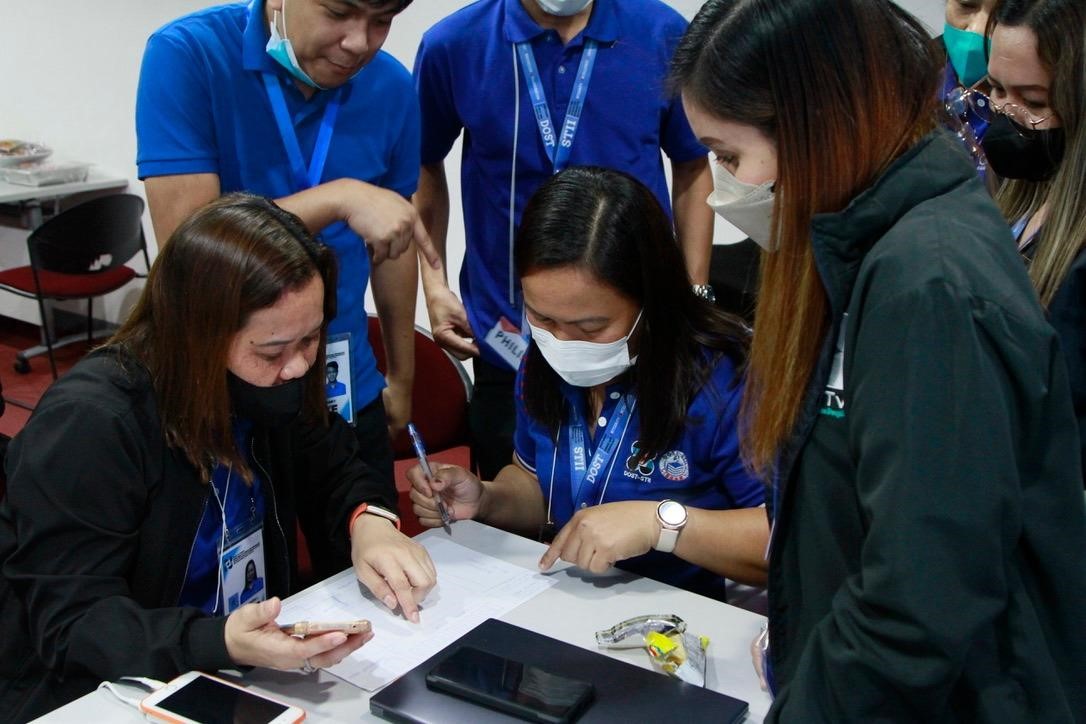
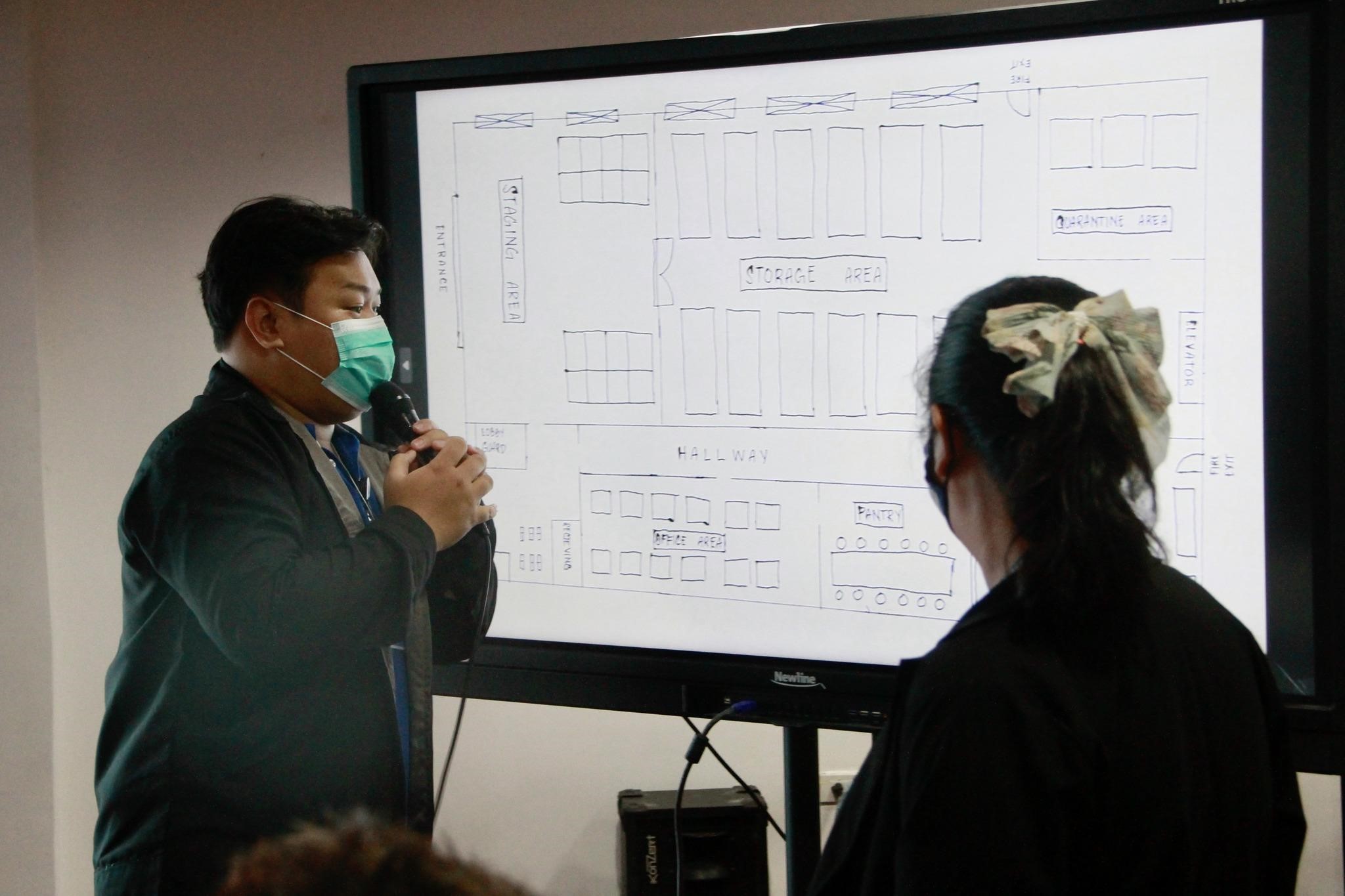
The technical and support staff of the DOST-STII participate in several workshop-sessions on Records and Archive Management. (Photos from Henry A. de Leon, DOST-STII)

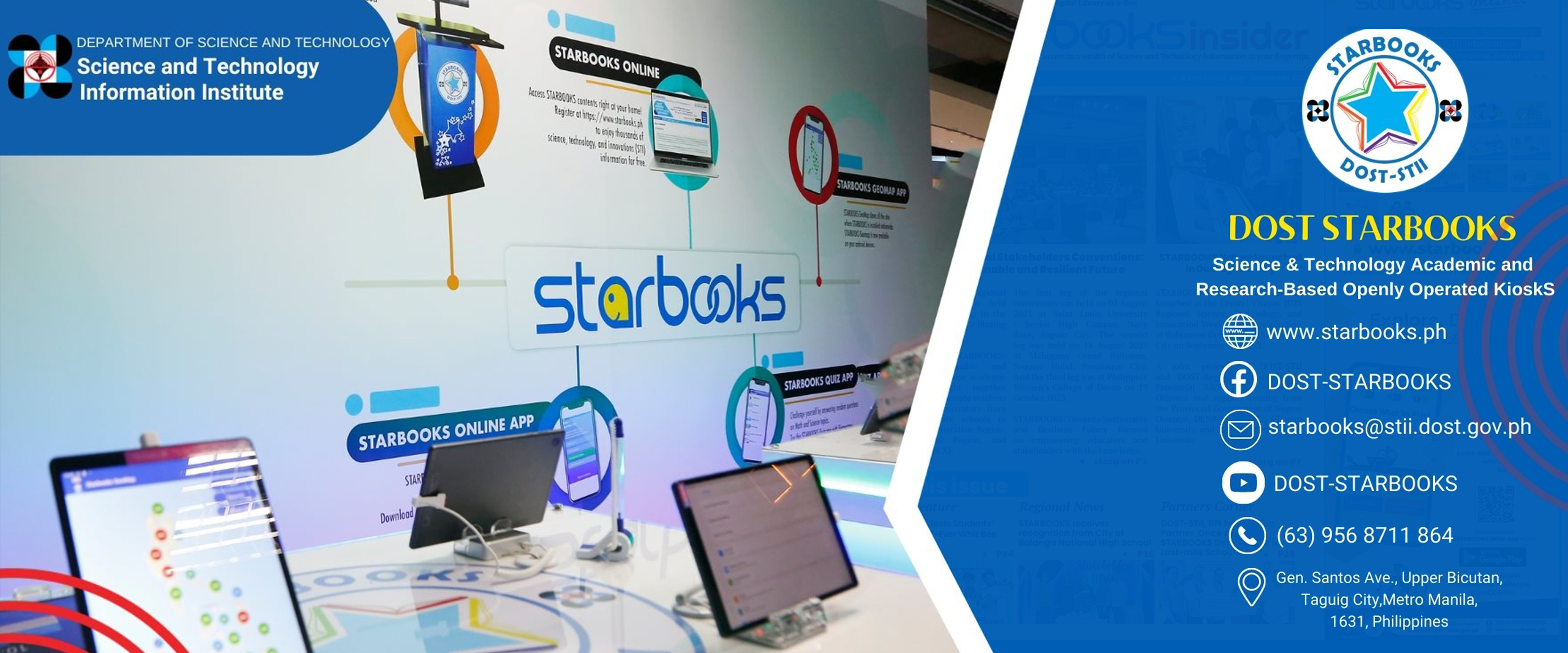
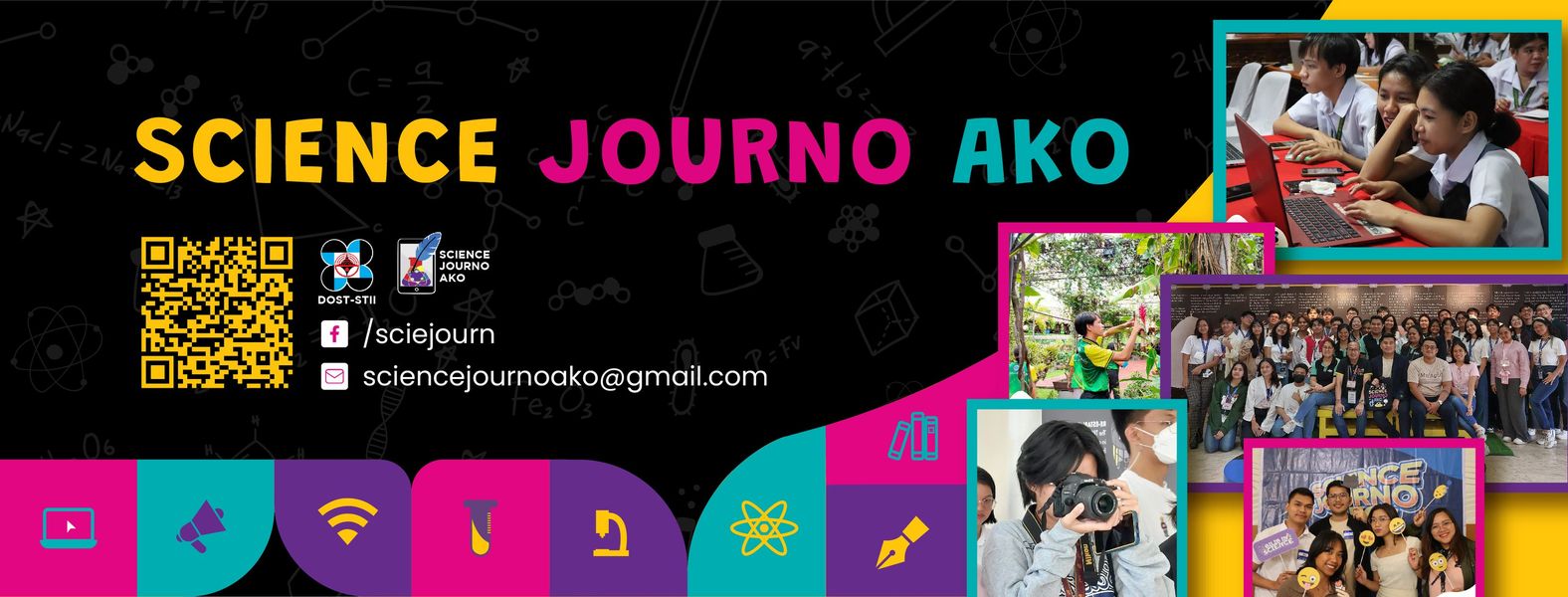
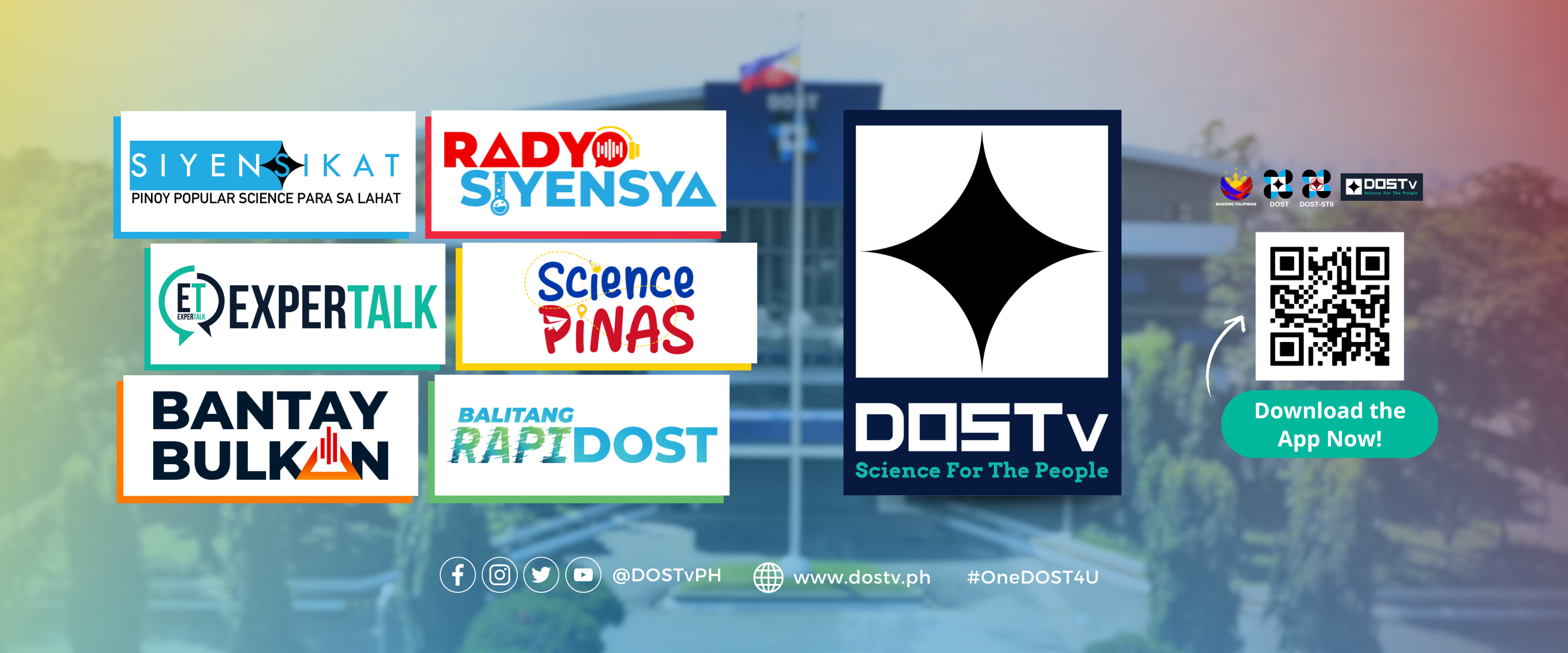

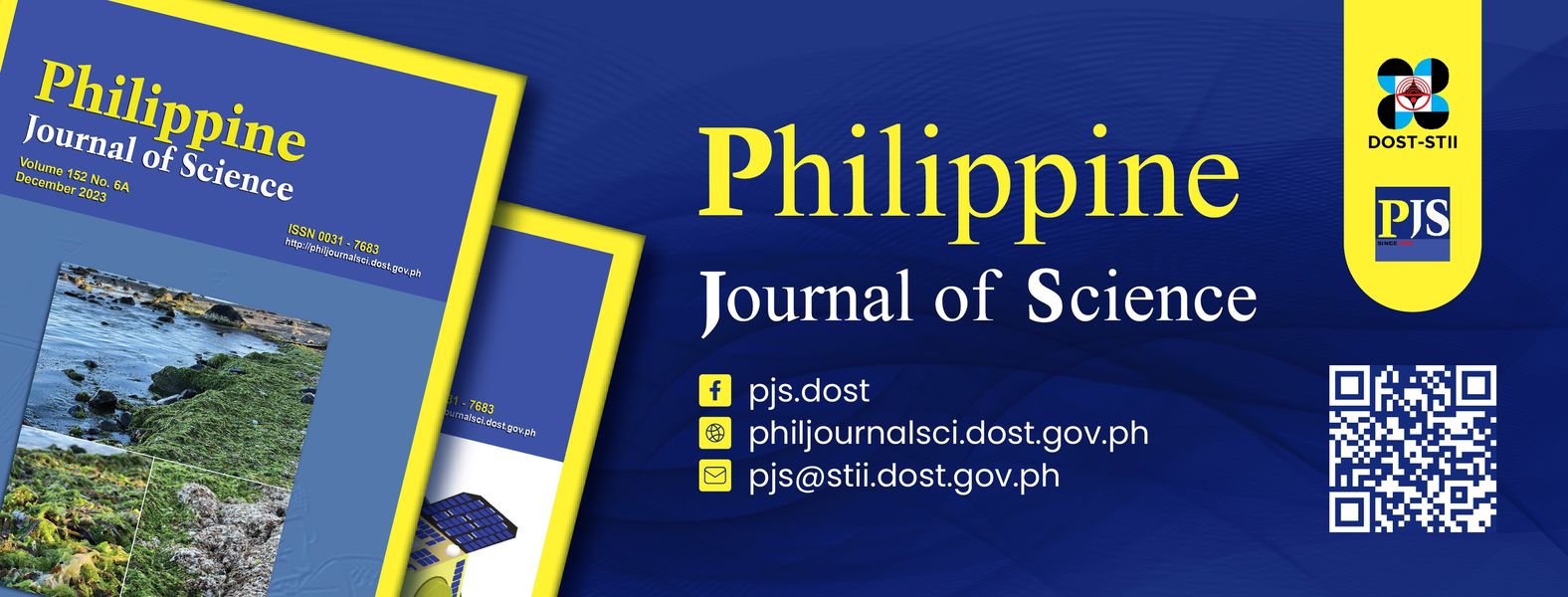




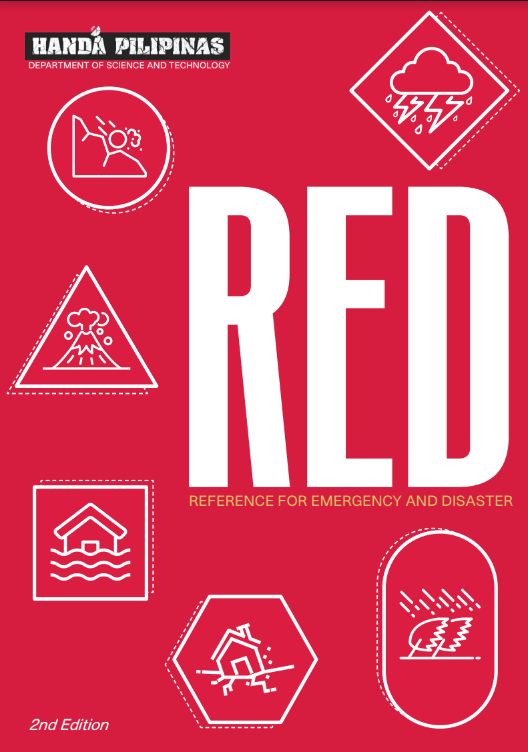





 21 in 2021 Technology Catalogue
21 in 2021 Technology Catalogue 21 in 2021 Technology Catalogue
21 in 2021 Technology Catalogue DOST Innovations - Web and Mobile Applications for Disaster Risk Reduction and Management
DOST Innovations - Web and Mobile Applications for Disaster Risk Reduction and Management